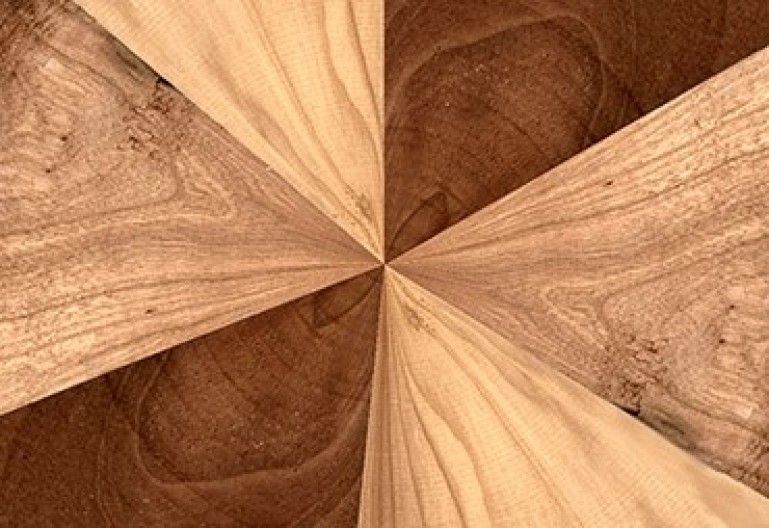

08.09.2023
As the name suggests, ENFORCE was established to assist the enforcement of timber legislation. More than one quarter of the imported timber enters the EU via the port of Antwerp but a Belgian knowledge center was lacking.

Before the formal installation of ENFORCE, Hans Beeckman - head of the Wood Biology Service of the Royal Museum for Central Africa (RMCA) - was already contacted by competent authorities, art lovers, wood industrials… to identify wood samples in cases of doubt. Hans is a senior wood anatomist with decades of experience and can rely on one of the biggest wood collections worldwide as a reference, the Tervuren Xylarium.
To strengthen the capacity of the Wood Biology Service, the Belgian Science Policy invested in the ENFORCE project, enabling the team to engage two additional wood scientists and buy a mass spectrometer to further develop timber identifications by complementing wood anatomical analyses with chemical fingerprints.
ENFORCE has two main objectives with equal importance: timber identification services and research on combinations of new and existing methods to identify timber species and the origin of timber products (solid wood, boards, charcoal…). The follow-up committee of ENFORCE represents the whole range of stakeholders: from wood industry over academia and competent authorities to NGOs and other knowledge centers like Thünen Institute and WorldForestID. Apart from this committee, the Wood Biology Service is part of an international solid network that enables ENFORCE to pick up hot topics and collaborate with skilled partners within and outside the EU for analyses.
As the new EUDR legislation enters into force, ENFORCE can also help in verifying DDS information. The center does not focus on the development of DDS tables but can be contacted to verify the species and origin declared by suppliers. To illustrate this, a recent identification was done on a piece of furniture that was declared as one species from one specific country. ENFORCE exposed this object to a full wood anatomical study and discovered at least eight different species and a risk of imported deforestation as the associated forest type is often subject to conversion into plantations. All results were documented in a formal report (languages: Dutch, French, English) that the client used to contact his supplier and ask for clarification. New cases are always discussed with the client to check if and how ENFORCE can be involved. Some analyses are fully performed at their lab in Tervuren, others are done via subcontracting by international partners where ENFORCE brings together all relevant results, this way unburdening the client.
The website of ENFORCE is in progress but a short summary of activities and contact information can be found at enforce.africamuseum.be or by mailing enforce@africamuseum.be.